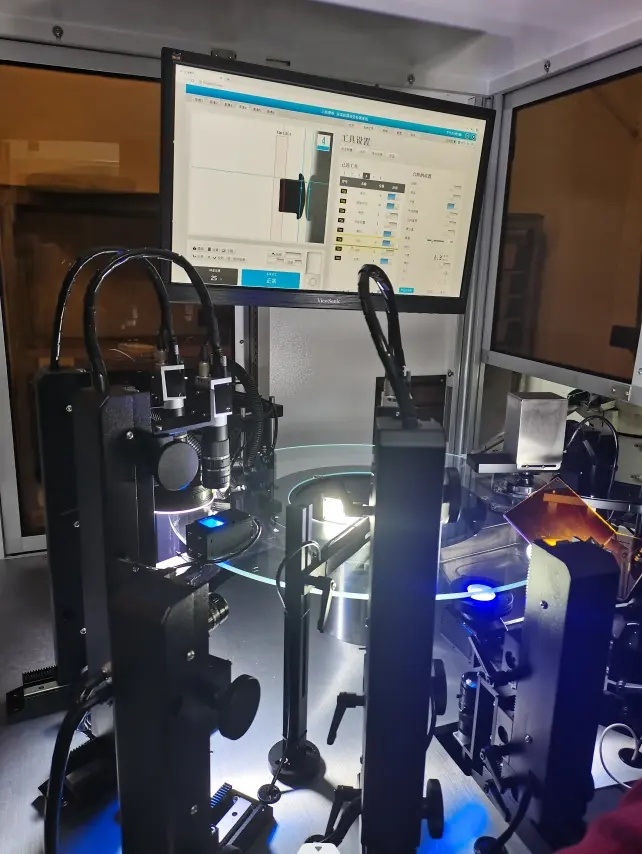In the vast realm of electrical engineering, relays stand as pivotal components, and their performance is intrinsically linked to the electrical contact materials they employ. Understanding this relationship is crucial for ensuring optimal functionality in various applications.
Relays are electromechanical or solid – state devices that control the flow of electrical current in a circuit. The electrical contacts within a relay are responsible for making and breaking the electrical connection, and the choice of contact material depends on the specific working conditions.
Low – Power Applications
In low – power applications where the current and voltage levels are relatively low, such as in electronic circuits for signal processing or control systems, materials like gold – plated contacts are highly favored. Gold offers excellent electrical conductivity and is highly resistant to oxidation and corrosion. This ensures that the contact resistance remains low and stable over time, preventing signal degradation. For example, in a smartphone’s circuit board, where delicate electrical signals are being transmitted, gold – plated contacts in the relays help maintain the integrity of the signals, ensuring smooth operation of the device’s various functions.
Medium – Power Applications
When dealing with medium – power applications, such as in household appliances or small – to – medium – sized industrial equipment, silver – based alloys come into play. Silver nickel alloy, with around 10% nickel content, is a popular choice. The nickel hardens the silver, making it more resistant to the electrical erosion that occurs during the opening and closing of the contacts. This alloy is well – suited for resistive loads, like heating elements in a toaster. Another commonly used material is silver cadmium oxide. It has been a staple in switching inductive and motor loads due to its ability to reduce contact material erosion. However, with the implementation of the EU’s RoHS directive, which restricts the use of hazardous substances, alternative materials like silver tin oxide have emerged. Silver tin oxide is particularly effective in handling large peak inrush currents, such as those experienced in power factor correction capacitors in fluorescent lamp circuits.
High – Power Applications
In high – power applications, such as in power distribution systems or large – scale industrial machinery, materials need to withstand extremely high currents and voltages. Tungsten – based alloys are often used in these scenarios. Tungsten has a high melting point and excellent wear resistance, making it capable of handling the intense arcing and heat generated during the operation of high – power relays. For instance, in a power substation, where large amounts of electrical energy are being switched and controlled, relays with tungsten – based contacts can ensure reliable operation even under the most demanding conditions.
In conclusion, the selection of the right electrical contact material for a relay is not a one – size – fits – all decision. It requires a careful consideration of the working conditions, including current, voltage, load type, and environmental factors. By making an informed choice, engineers can enhance the performance, reliability, and lifespan of relay – based systems, ultimately contributing to the seamless operation of countless electrical and electronic devices.
Our company stands as a trustworthy partner, boasting an extensive inventory of readily available molds. With our commitment to swift delivery, we ensure that you receive your products promptly, minimizing any potential delays in your production schedule. Furthermore, we guarantee the highest quality of our products and services, offering peace of mind and assurance that your needs will be met with precision and excellence.
Choose us as your one-stop, hassle-free supplier, and experience the convenience and reliability that sets us apart in the industry.
Post time: Feb-21-2025

